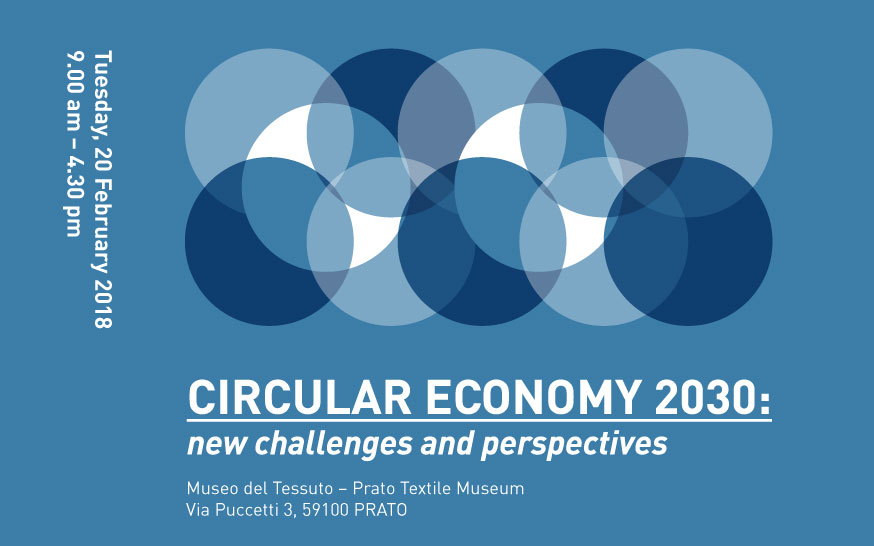The circular economy: a new paradigm of sustainability
Due to limited natural resources and changing consumer perceptions and market expectations, we are seeing significant changes in production and consumption chains.
The circular economy suggests an innovative approach to raw materials, products and waste and a regenerative vision, as opposed to the current linear model, based on the 5R principle:
Reduce
reuse
Renew
Repair
To recycle
The circular economy imposes itself as the new paradigm for sustainable economic development and requires a deep synergy and a convergence of intents between institutional actors, companies, the third sector and citizenship. The circular economy overcomes economic fragmentation and transcends its division into sectors to the benefit of a holistic view of a product’s life cycle. It becomes essential to take into consideration the dimension of sustainability starting from the product design, to the supply of raw materials, up to the production, distribution and reuse. A study by the Ellen McArthur Foundation reveals that, in Europe, the circular economy can generate an economic benefit of 1,800 billion euros by 2030, with the creation of new jobs and an increase of 3% in annual resource productivity.
